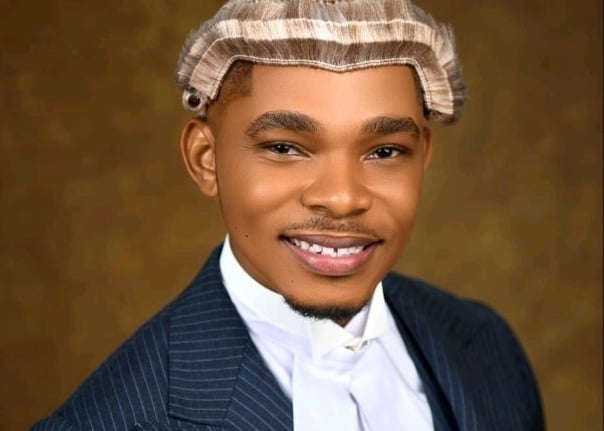The suspension of Chief Justice Gertrude Esaaba Torkornoo by President John Dramani Mahama has ignited a heated debate within Ghana’s legal and political spheres, with accusations of political bias and threats of legal action. Gideon Tettey Tetteh, a lawyer and Regional Director for Conflict Resolution of the National Democratic Congress (NDC), has sharply criticized the Ghana Bar Association (GBA) for its staunch defense of the suspended Chief Justice, alleging that the association has become a de facto wing of the ruling New Patriotic Party (NPP). Tetteh argues that the GBA’s fervent support for Justice Torkornoo, mirroring the NPP’s stance, demonstrates a clear departure from its purported role as an impartial guardian of the legal profession. He contends that the association’s actions are driven by partisan political motives rather than a commitment to upholding the integrity of the judiciary.
Tetteh’s criticism centers on the GBA’s vigorous opposition to Justice Torkornoo’s suspension. He questions the rationale behind the GBA’s seemingly unconditional defense of the Chief Justice, asserting that their passionate response only strengthens the case for her removal. President Mahama suspended Justice Torkornoo following petitions and consultations with the Council of State, citing a prima facie case against her. The specific nature of the allegations against the Chief Justice remains undisclosed, adding another layer of complexity to the unfolding controversy. This lack of transparency further fuels the political firestorm, with each side interpreting the situation through their respective partisan lenses.
The GBA’s reaction to the suspension has been swift and resolute. At its mid-year conference, the association passed a resolution urging President Mahama to reinstate Justice Torkornoo, threatening legal action if he fails to comply. This move has been interpreted by some, including Tetteh, as an act of defiance against the executive branch and a demonstration of the GBA’s unwavering support for the suspended Chief Justice. He has publicly dissociated himself from the GBA’s resolution, labeling it as “purposeless” and “lawless.” He contends that the association’s actions are detrimental to the legal profession and the judiciary’s progress.
The suspension and subsequent fallout have exposed deeper fissures within Ghana’s legal and political landscape. The opposition parties, including the NDC, have rallied behind the suspended Chief Justice, characterizing the President’s action as an unconstitutional assault on judicial independence. They have announced plans for demonstrations to protest the suspension, further escalating tensions between the government and the opposition. This political maneuvering adds a significant dimension to the legal dispute, transforming it into a battle for control over the narrative and public perception.
The GBA’s forceful response highlights the sensitive nature of judicial appointments and removals in Ghana. The association’s actions signal its commitment to protecting the independence of the judiciary and ensuring that due process is followed in all matters related to judicial officers. However, critics like Tetteh argue that the GBA’s staunch defense of Justice Torkornoo, without a full understanding of the allegations against her, risks compromising its own credibility and impartiality. They contend that the association’s actions appear driven more by political allegiance than a genuine concern for the rule of law.
The Torkornoo suspension saga continues to unfold, with both sides digging in their heels and preparing for a protracted legal and political battle. The GBA’s threat of legal action against the President sets the stage for a showdown between the executive and the legal profession, with potentially significant implications for the future of Ghana’s judiciary. The outcome of this confrontation will not only determine the fate of the suspended Chief Justice but also shape the relationship between the government, the legal profession, and the judiciary. The ongoing controversy underscores the delicate balance of power within a democratic system and the importance of upholding the rule of law while respecting the independence of the judiciary.














